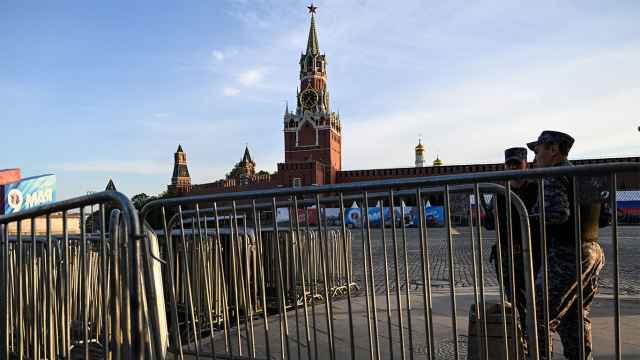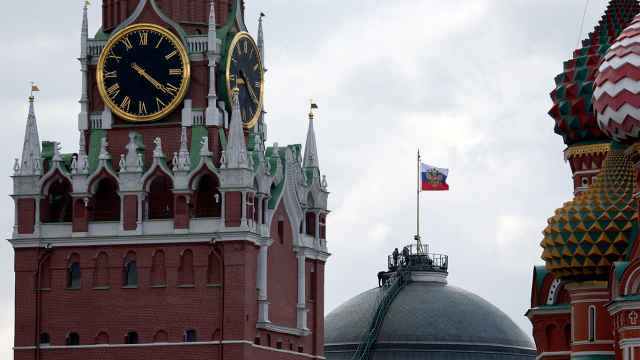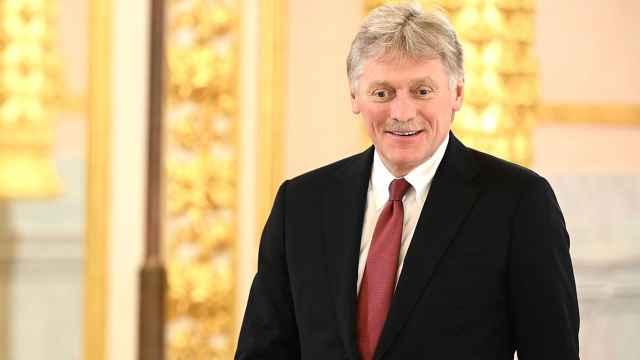High-ranking Russian officials have been banned from resigning during the war in Ukraine under the threat of criminal prosecution, the iStories investigative outlet reported Monday, citing four sources familiar with the matter.
The Kremlin imposed the unofficial ban after many officials expressed a desire to resign from their posts, iStories cited a source close to the presidential administration as saying.
“If everyone leaves, control will be lost,” the source said of the Kremlin’s logic.
The source added that the Kremlin sees the desire to resign as a betrayal and that it has tasked civil servants with "demonstrating unity.”
“I know of at least two cases where governors tried to leave their posts, but they were not just prohibited by the Internal Policy Department (of the presidential administration), it was also hinted at that they could face criminal prosecution,” iStories quoted a former employee in the Federal Security Service (FSB) as saying.
There may be exceptions to the ban since it is informal and essentially illegal, iStories’ sources said. For example, officials may be released from their positions due to health or corruption reasons.
“Many are willing to pay a high price for the opportunity to quietly and discreetly leave now,” one of its sources said.
Members of the special services have also been prohibited from leaving their positions due to the mobilization declared by President Vladimir Putin.
According to the mobilization decree signed by Putin in September 2022, contract servicemen, including the majority of FSB employees, cannot resign even after their contracts expire.
Previously, the Kremlin imposed strict restrictions on traveling abroad for high-ranking officials, parliamentarians, governors and top managers of state-owned companies.
According to The Moscow Times' sources, the presidential administration is trying to prevent "official desertion" and hinder the work of foreign intelligence.
"No one can go anywhere without special permission," said a high-ranking official from the government. Some officials have had their passports confiscated by FSB employees, and the special services also maintain a list of those who need separate permits to leave the country.
"Despite the ongoing conflict, sometimes Putin himself has to review all these lists and figure out who is going abroad and for what purpose," a Kremlin official and longtime acquaintance of the president told The Moscow Times.
A Message from The Moscow Times:
Dear readers,
We are facing unprecedented challenges. Russia's Prosecutor General's Office has designated The Moscow Times as an "undesirable" organization, criminalizing our work and putting our staff at risk of prosecution. This follows our earlier unjust labeling as a "foreign agent."
These actions are direct attempts to silence independent journalism in Russia. The authorities claim our work "discredits the decisions of the Russian leadership." We see things differently: we strive to provide accurate, unbiased reporting on Russia.
We, the journalists of The Moscow Times, refuse to be silenced. But to continue our work, we need your help.
Your support, no matter how small, makes a world of difference. If you can, please support us monthly starting from just $2. It's quick to set up, and every contribution makes a significant impact.
By supporting The Moscow Times, you're defending open, independent journalism in the face of repression. Thank you for standing with us.
Remind me later.






